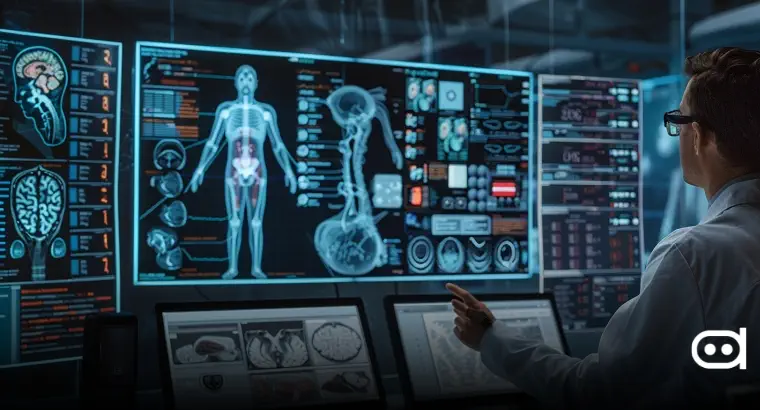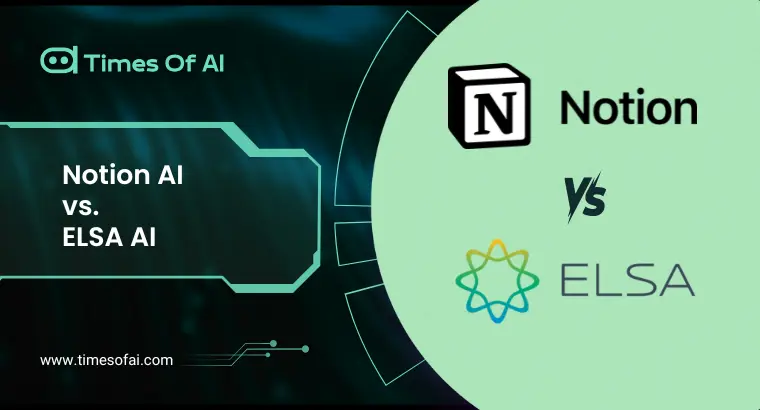
- Brent Ness, CEO and Director of health technology business Aclarion, spoke about its data-driven, AI-powered software as a solution (SaaS) offering, Nociscan, in an exclusive interview with PRISM MarketView. He highlighted their $50 million investment in Nociscan and its potential impact on chronic pain treatment and healthcare technologies overall.
- While Aclarion’s AI technology has seen positive results in clinical trials, skepticism among medical professionals, high operating costs and poor insurance coverage are holding back the adoption of AI-driven health tech solutions.
Brent Ness, the CEO and Director of Aclarion, Inc., sat down with PRISM MarketView for an exclusive Q&A session to talk about his company’s AI platform. The disruptive healthcare technology firm, known for building non-invasive tools to help physicians treat chronic pain, has made the most of the burgeoning back pain treatment market in the United States, valued at roughly $134 billion.
However, Brent Ness focused on the health tech company’s newest software offering, an AI platform called Nociscan. The SaaS platform takes advanced data from MRI spectroscopies and provides snapshots of various chemicals within the spinal tissue using special chemicals called biomarkers that respond to pain. This biomarker data is then processed using proprietary augmented intelligence (AI) algorithms to identify sources of pain, especially in the discs in the spine. Ness also emphasized the publication of peer-reviewed data in “The International Journal of Spine Surgery” that highlighted Nociscan as a promising tool for non-invasive identification of painful lumbar discs.
Hence, Nociscan enables medical professionals to correctly identify which spinal discs are causing pain before the surgery without any invasive testing. The potential implications of the AI platform are huge, with Ness announcing the completion of Nociscan’s first test at the LIFEHAB Trial in Norway, with a randomized controlled trial group of over 200 patients. He further stated, “We’re awaiting results from a completed trial in Rome, and two NIH-funded studies in the U.S. examining Nociscan’s role in treating low back pain.”
While Aclarion’s Nociscan looks like the next step in the evolution of AI-powered healthcare platforms, there are some concerns that Ness highlighted. Given the challenge, and sometimes unwillingness, of integrating new diagnostic tools in practices, Ness stated the company is working with 10 of the top spine surgeons in the world to help them see the clinical utility of their AI platform.
Read More: Waymo and Uber Partner to Redefine Urban Mobility with Autonomous Cars
When asked about “reimbursement advances,” Ness responded by saying, “The cost of MRIs and our AI algorithm are expensive for many patients and require reimbursement approval or prior authorization from the various insurance providers before the procedure occurs. This can be a real financial obstacle for patients seeking relief from cLBP (chronic low back pain).”
Yet, Brent Ness remained optimistic about the potential of Nociscan, and even outlined plans to expand its partnerships to key markets in the United States. He said, ”We are confident we have the right technology at the right time to address a growing, unmet therapeutic need.”
Conclusion
The CEO of Aclarion, Brent Ness, believes that its AI-powered Nociscan platform represents an innovative leap in treating chronic low back pain, and non-invasive healthcare treatment overall. By combining cutting-edge augmented intelligence algorithms with biomarkers, he believes Nociscan can become the new standard for clinical procedures. However, challenges in the form of high operational expenses, lack of insurance coverage and hesitation in adoption by the medical fraternity will define whether Aclarion can truly cash in its first-mover advantage.





